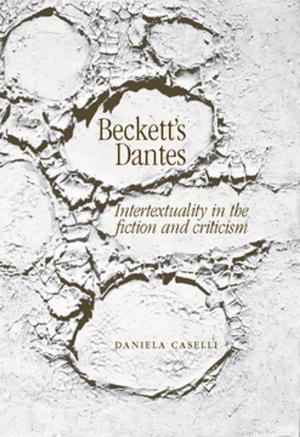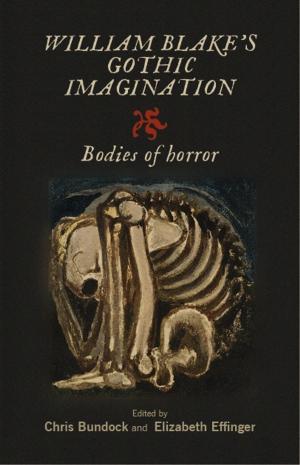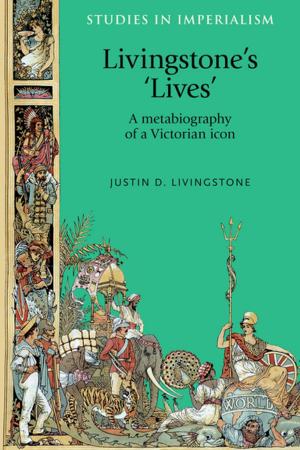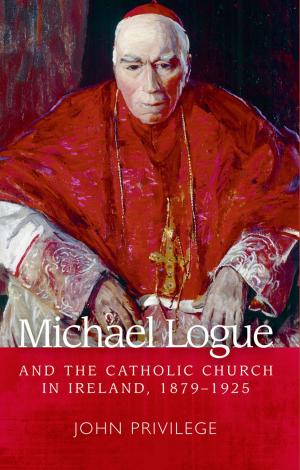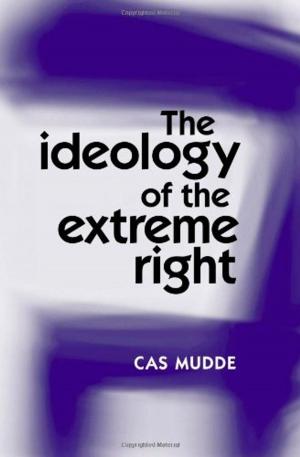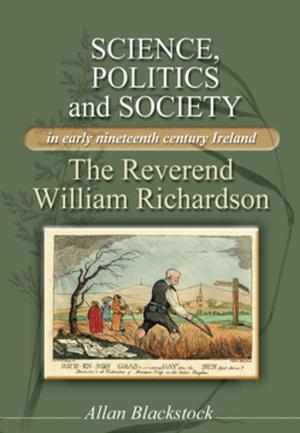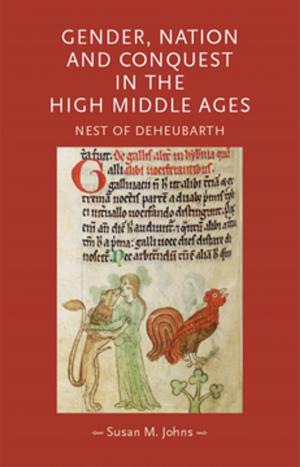Sir Robert Filmer (1588–1653) and the patriotic monarch
Patriarchalism in seventeenth-century political thought
Nonfiction, History, Renaissance, British| Author: | Cesare Cuttica | ISBN: | 9781784992286 |
| Publisher: | Manchester University Press | Publication: | May 16, 2016 |
| Imprint: | Manchester University Press | Language: | English |
| Author: | Cesare Cuttica |
| ISBN: | 9781784992286 |
| Publisher: | Manchester University Press |
| Publication: | May 16, 2016 |
| Imprint: | Manchester University Press |
| Language: | English |
This book studies the patriarchalist theories of Sir Robert Filmer (1588-1653) in the context of early modern English and European political cultures. Making use of unexplored primary material and adopting an innovative contextual approach, Cuttica provides a long-overdue account of an often referred-to but largely misunderstood thinker. By focusing on Filmer’s most important writing, Patriarcha (written in the 1620s-30s but published in 1680), this monograph rethinks some crucial issues in the reading of political history in the seventeenth century. Most importantly, it invites new reflections on the theory of patriarchalism and gives novel insights into the place of patriotism in the development of English political discourse and identity.
Thanks to its originality in both approach and content, this volume will be of interest to historians of early modern England as well as scholars of political thought.
This book studies the patriarchalist theories of Sir Robert Filmer (1588-1653) in the context of early modern English and European political cultures. Making use of unexplored primary material and adopting an innovative contextual approach, Cuttica provides a long-overdue account of an often referred-to but largely misunderstood thinker. By focusing on Filmer’s most important writing, Patriarcha (written in the 1620s-30s but published in 1680), this monograph rethinks some crucial issues in the reading of political history in the seventeenth century. Most importantly, it invites new reflections on the theory of patriarchalism and gives novel insights into the place of patriotism in the development of English political discourse and identity.
Thanks to its originality in both approach and content, this volume will be of interest to historians of early modern England as well as scholars of political thought.

